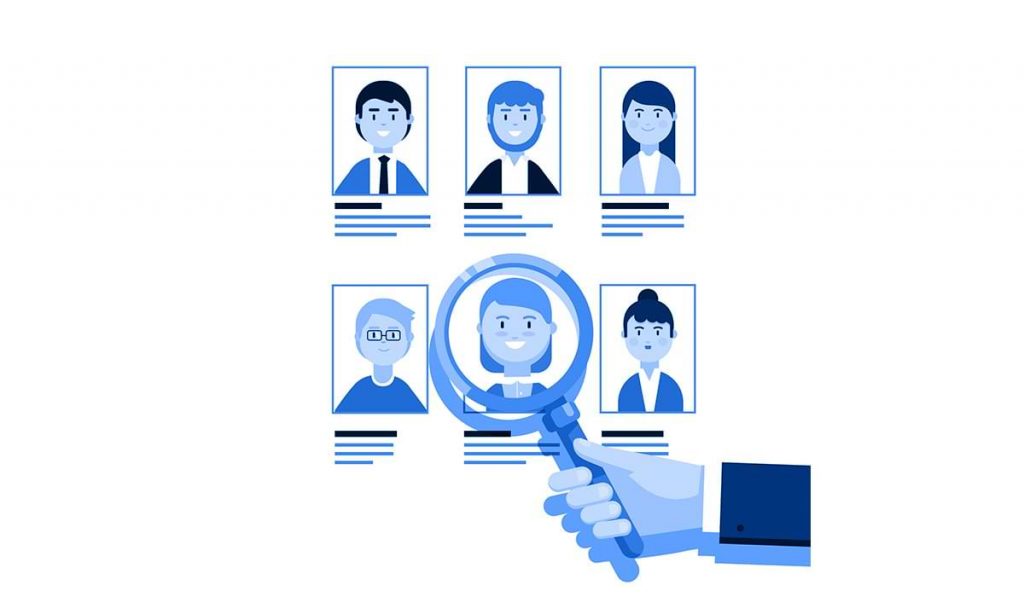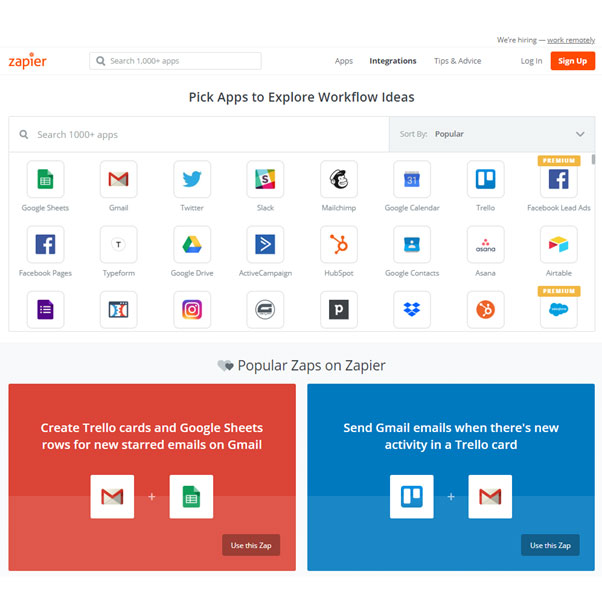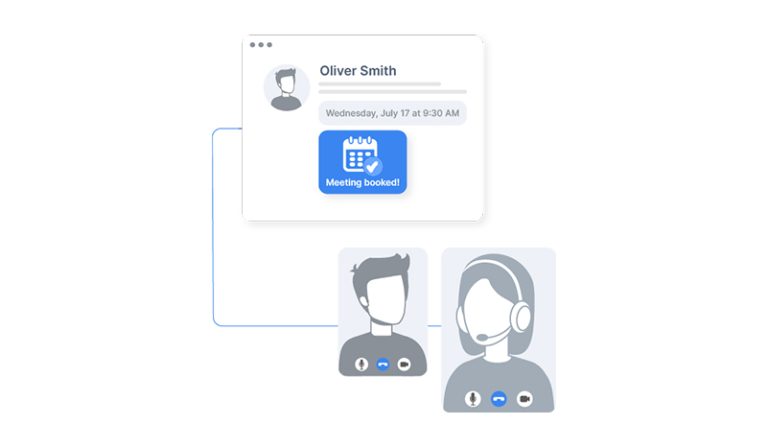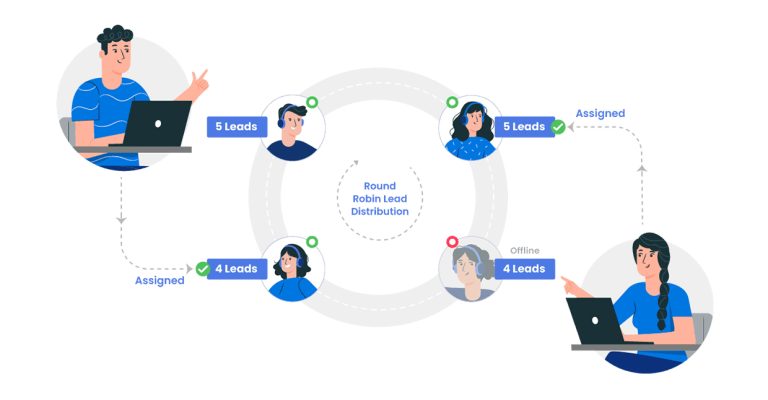Lead management and CRM software go hand in hand to help businesses convert and then keep customers. Let’s check out how.
Running a business today isn’t just about selling your product or service. A huge part of almost any enterprise is about meeting customer expectations. And a smart customer relationship management (CRM) platform will help you not just meet but smash those expectations.
It all starts with quality leads – the lifeblood of a successful business. But staying on top of every lead or potential customer takes a vast amount of time and resources. So a great CRM platform – used well – will also help you convert leads and seal deals.
What is lead management
A lead is simply a person or business who might become a potential customer. Sounds simple but, like everything else, converting this lead into a high-paying client is a challenge. It takes a lot of time and work on things like follow-ups, emails, online meetings and phone calls.
The sales process begins when the potential leads fall into the organization’s pipeline – and then it’s all about the conversion. During this time, the lead is informed about your products and services, with an end goal of turning the lead into a potential buyer.
This could take minutes, days, months or even years! It depends on a heap of things, like your sales skills, implementation steps, the internal decision-making process and lead’s specific requirements.
What is CRM lead management?

How does lead management blend with a CRM tool or should it be referred to as a CRM lead management tool?
Lead management and CRM go hand in hand because CRM massively improves the lead management process. Whilst they are definitely separate types of tools, there is simply a strong overlap as they address different parts of the customer journey in its entirety.
Here’s a few ways how they blend:
Qualification and lead scoring
Lead qualification is a crucial step as it helps the sales team prioritize the leads based on their scores. This is usually based on what fields of the form the leads has filled out or what information the lead has downloaded. This is where a CRM platform can step in as it helps you to score the lead. That means an organization’s sales team can adapt the sales approach based on the level of intent of the lead. If this is done correctly, the sales process is usually fastened, making it quicker than the company’s average sales time.
Lead information
CRM software stops you wasting time preparing new documents on the lead. Instead, you can pull up all historical information you have on the lead right away.
Lead reporting
By using the best CRM for lead management, you can keep a record of the leads data in one place and even generate reports and insights right there, too. The CRM stores all the information on each lead so it’s easy to track the data anytime.
Major benefits of lead management using a CRM platform
Increased ROI
It’s never late to collect valuable data, and with the right lead management tool, you’ll find it a breeze to manage all the information and data you have. The management software helps you by giving you an insight into the leads that need your attention – and fast.
The CRM software tells you where the lead came from and which funnel it’s been moved to. Because the CRM software helps you see where the lead submitted their inquiry, and notifies you of a high-quality lead, giving you the opportunity to make your business more profitable.
And who doesn’t want a better return on investment

Lead qualification
The CRM software scores leads according to their activities and interest in the service or product you have to offer. The CRM helps because it means that the sales team don’t waste their time chasing leads that are never going to buy. Just the leads that are likely to turn into potential buyers get moved through the sales stages. This saves a load of time and effort.

Automation
Lead management and CRM platforms are all about speeding up manual processes, otherwise known as automation – in other words, you’ll save a ton of time. With the time you save, you can focus on getting new leads and making sure they’re at the right stages of the organization’s pipeline.

Super savings
The best CRM software can save you a fortune because of all the reasons listed above. A good CRM platform helps you understand your leads journey, manage them closely throughout all the sales stages which can change, and close the deal. When we look at the two types of software together, the role of CRM lead management is to provide as much information on the totality of the lead to customer journey as possible, reducing the pressure on doing all this manually.

But it’s got to be the right CRM lead management software…
For every single campaign that you run, CRM software will help you store, manage and use all the mountains of data relating to a campaign. You’ll save time, effort, and best of all, money. But you’ve got to choose the right lead management software for your business and accompanying lead management tools.
There are loads of different CRM software platforms out there, and you need to find one that ticks the boxes for your specific needs.
With all this in mind, make sure you don’t overlook the vital part that CRM software can play in helping you manage and convert your leads into customers.










